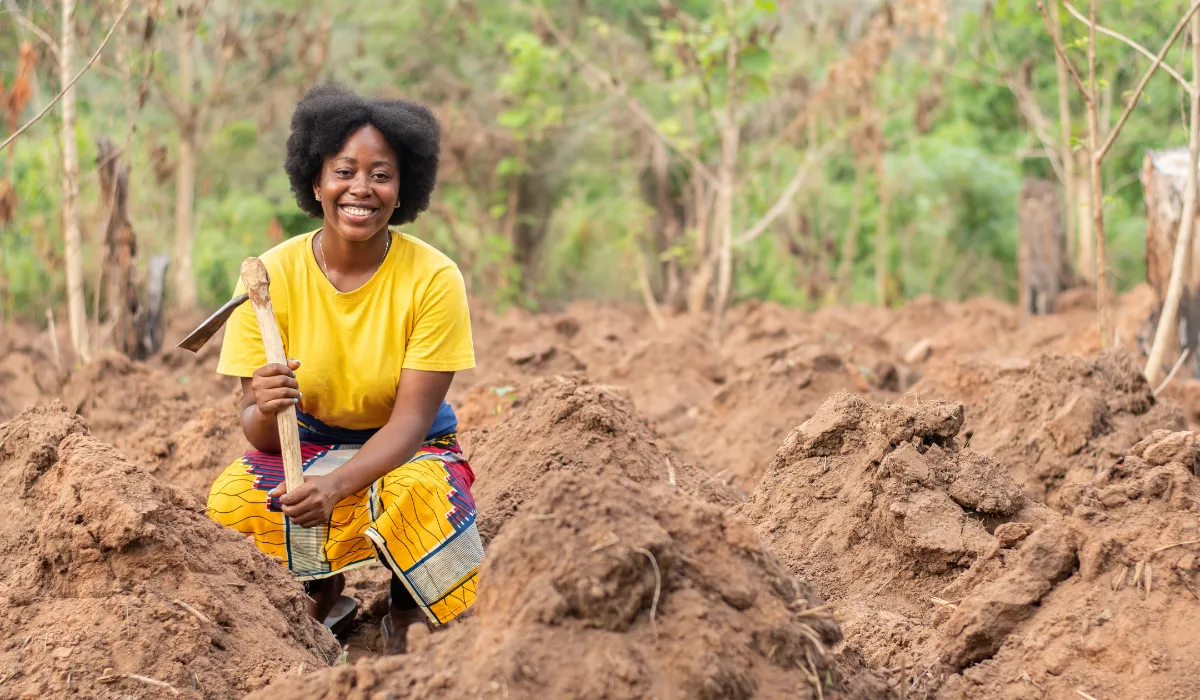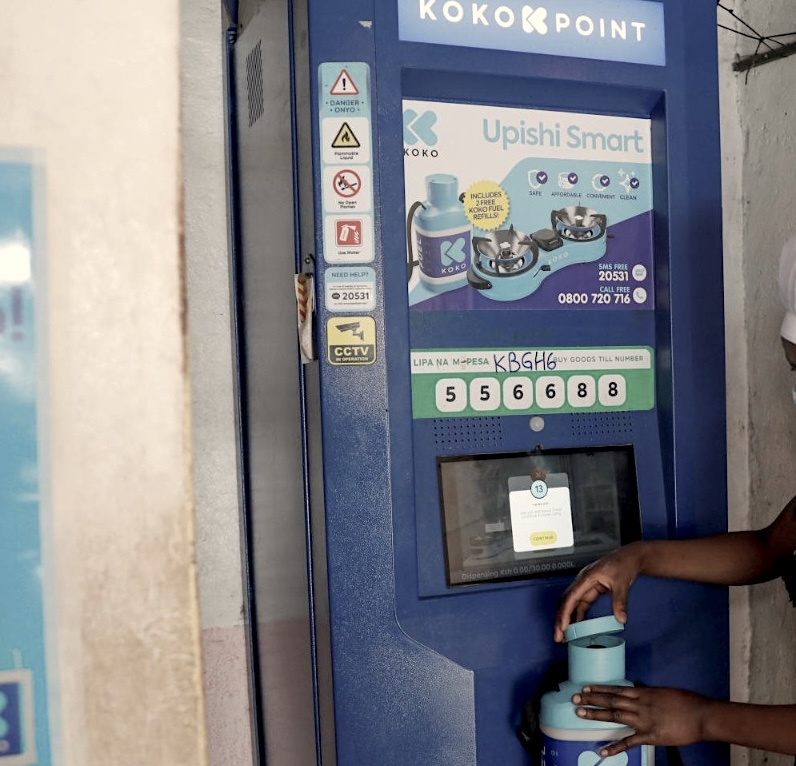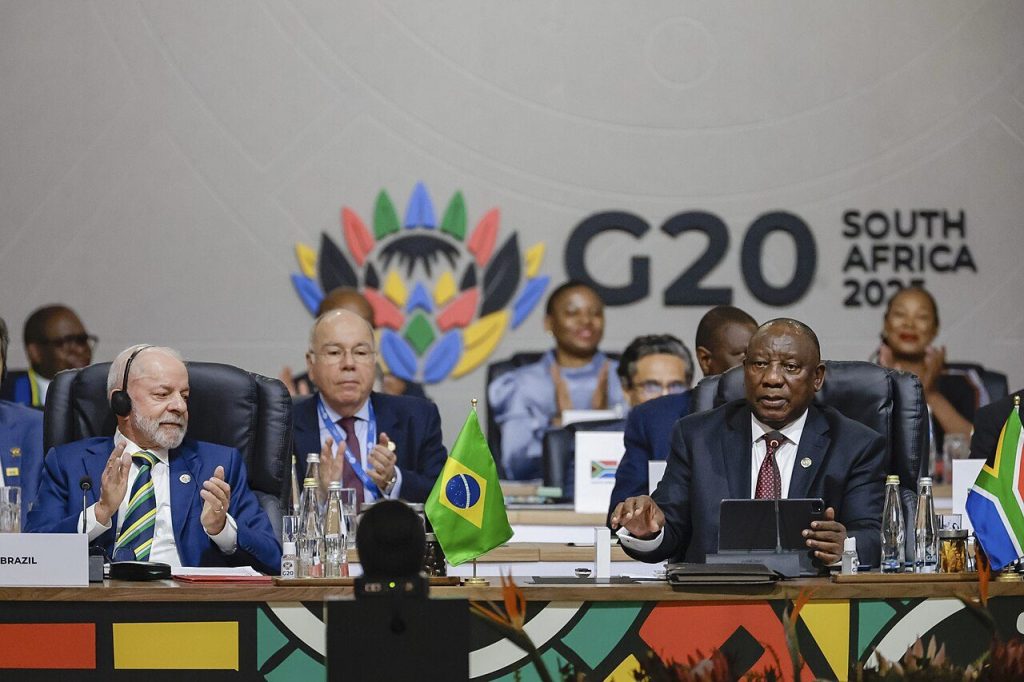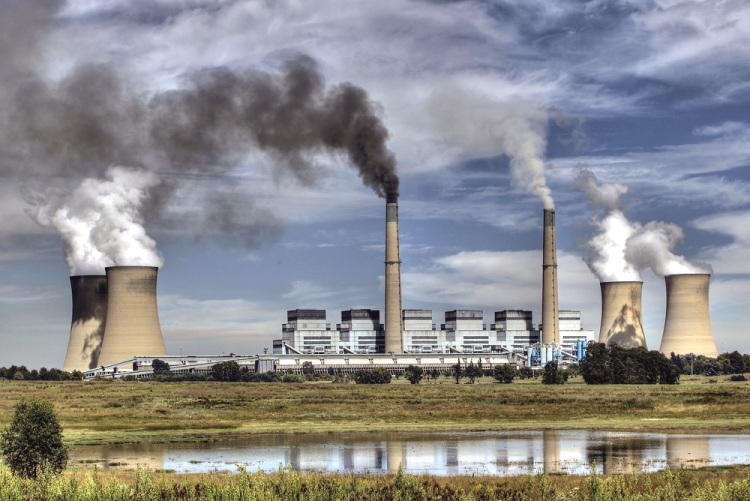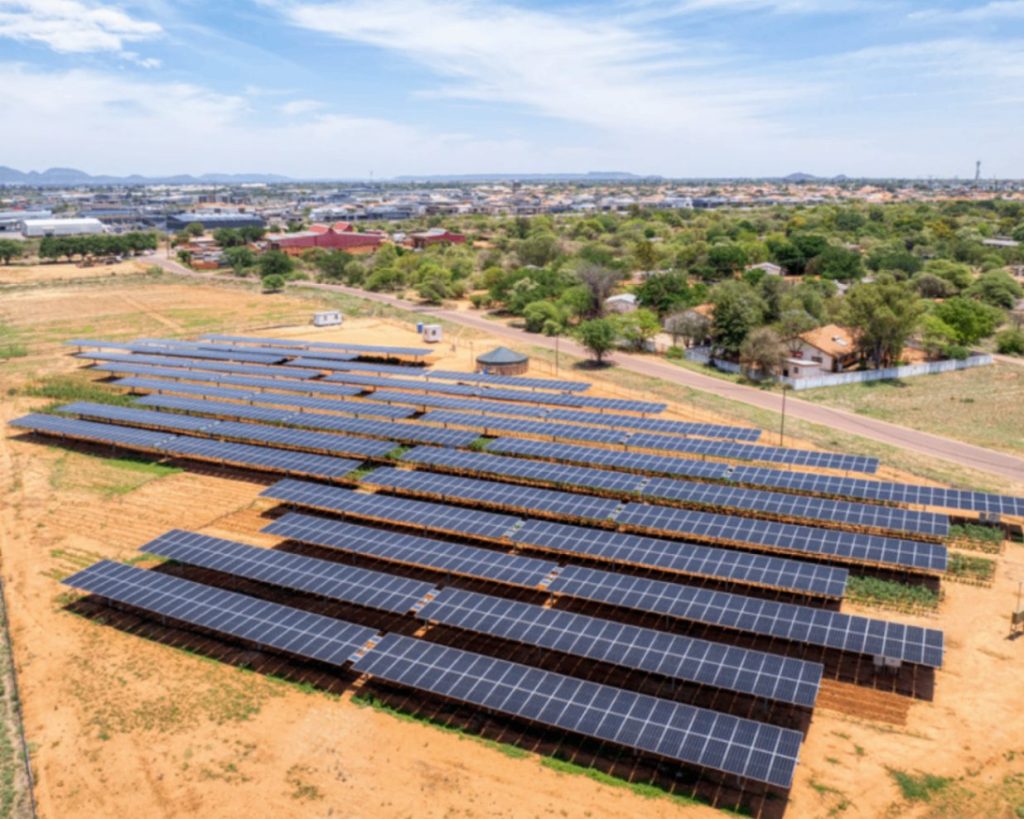Chido Nyaruwata is an African feminist and photographer based in Harare who weaves stories through research, photography, and digital storytelling to amplify the voices and experiences of women and girls. Her areas of interest include climate and gender, girls’ education, African feminisms and Feminist Foreign Policy.
Over the past year, I’ve interacted with a variety of women working in the agriculture sector, women’s rights, and advocacy space. These interactions have been rooted in my desire to understand women’s diverse experiences in the agriculture sector against the backdrop of climate change. Gender plays a significant role in how people experience climate change. Socially defined roles and responsibilities for men, women, girls, and boys lead to different interactions with the environment and resource management.
Compounded by race, ethnicity, class, location, and ability / disability, an individuals’ vulnerability to the impacts of climate change defines how they can adapt to new climate realities. Throughout the gender and climate discourse, women and girls are often cited as most vulnerable to the impacts of climate change due to their gender roles, reduced access to education, lack of decision-making authority and cultural expectations.
For example, climate change is set to leave 236 million more women and girls hungry by 2030, twice as many as men (131 million). As climate change threatens livelihoods and food security, expectations arise that women and girls will leave the little food remaining for “stronger” men and boys within the family structure. Whilst it is important to recognise these barriers, it is critical to integrate the interlocking systems of oppression and mechanisms relegating them too vulnerable and placing them at the margins.
Existing at the margins often means that your ambitions, rights and overall well-being are not considered worthy of “investment”. Who bears the responsibility to invest in 50% of the global population, or in Zimbabwe’s case, 52% of the population? International Women’s Day 2024 theme is Investing in Women: Accelerate Progress. UN Women holds the position that investing in women’s activities and well-being is key to prosperous economies and a healthy planet. However, to make this a reality, $360 billion is needed every year to finance gender equality and women’s empowerment.
Equal Measures 2030’s 2022 SDG Gender Index report states that 3 billion girls and women live in countries with poor or very poor Index scores for gender equality. A third of countries are either making no progress at all or moving in the wrong direction on gender equality. This data shows the gravity of the situation. We need states, philanthropic actors and the financial sector to take bolder actions.
Public investment must create an enabling environment for the rights, needs and concerns of women and girls. Increased financing in education, health, and infrastructure can greatly reduce the burden of care for women and girls and provide social safety nets. These safety nets play a pivotal role in responding to and recovering from climate-induced disasters. With inclusive approaches to financing disaster risk management, one wonders how many lives could have been saved during Cyclone Idai. Or how many young girls could have been saved from sexual exploitation in the aftermath of the disaster? Think of how many expecting mothers could have continued their antenatal checks if the health system had been resilient to climate shocks.
Investments from donor states and philanthropic actors play an important role in supporting the work of feminist movements and women’s funds. However, current trends from development aid focused on gender show decreased financial flows in this sector. Climate finance to women’s rights groups and grassroots organisations is unacceptably low. Just 3% of philanthropic environmental financing supports women’s and girls’ environmental activism. Current climate finance practices fails to support collectives challenging the power structures driving the climate crisis. Investing in women’s, girls and gender minorities’ community-centred solutions to climate change leads pathways to a healthier planet and green economy based on principles of care, equity and human rights.
Leia Achampong’s report on gender responsive climate financing spotlights how a lack of asset ownership for women to use as collateral for loans is another barrier. Financial credit systems have not accounted for the structural barriers that affect women’s ability to own assets. These barriers including repressive laws, poverty, gender pay gaps and stereotypes that render women in low paying roles. In the Zimbabwean context, these are intricately tied to women’s limited land rights. During an interview with National Director of Women and Land Zimbabwe, Thandiwe Chidavarume noted that women may not be able to invest in their land as they are not the owners. The knowledge gap isn’t the problem. Rural women can learn valuable skills like water harvesting, but without land ownership they are unable to invest in their farms or access formal financial services.
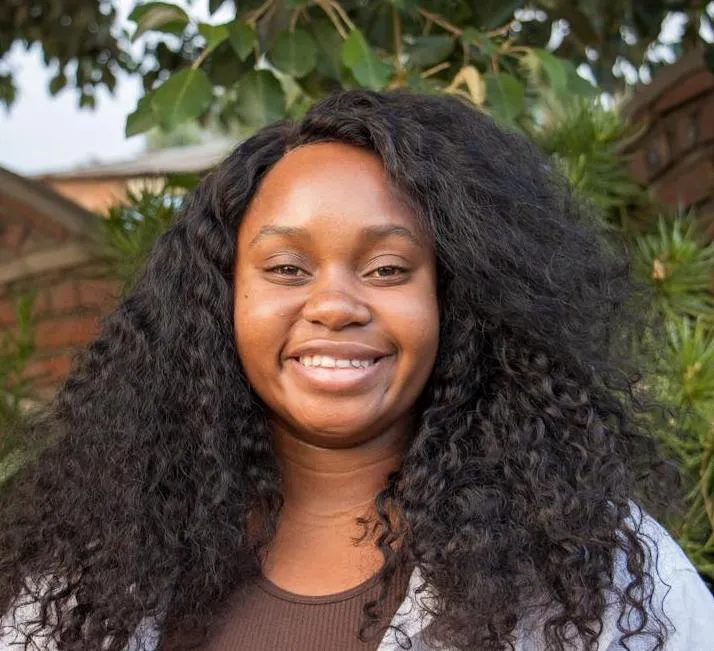
The data clearly demonstrates we need stronger action to invest in gender equality and women’s empowerment. However, sometimes it is easy to be overwhelmed by the shocking numbers, forgetting these values are shaped by the stories of many women whose work within the ‘productive’ and care economies requires investments from all actors for them to move forward.
One of my research participants, EM* describes herself as a community organiser with a passion for farming, supporting women and building communities across Harare and Honde Valley in Zimbabwe. Her interactions with a non-profit organisation focused on permaculture farming, enhanced her knowledge on Zimbabwean food traditions, cooking styles and sustainable agriculture practices. She learnt that permaculture promotes soil health, natural resources conservation and biodiversity. During our conversation about her aspiring agri-business, she shared growing up, her family unknowingly drank Hibiscus tea. They grew and harvested the plant in their village. However, they called it raspberry tea because of the colour. After training with Schools and Colleges Permaculture Zimbabwe (SCOPE), she realised that it was rosella, not raspberry, which brought her happiness as a child. Not only does it produce colourful tea but has anti-bacterial and anti-inflammatory properties.
In 2021, she created a rosella farming group of women farmers in Honde Valley. She provided each of the farmers with seed and expertise on how to grow them. Their first harvest resulted in 60 kgs and saw increased income for farmers from a new venture. But they don’t want to stop at growing Hibiscus, they want to participate in the entire value chain. This includes having their factory in Honde Valley, where they can dry, package, and transport the tea produce to retail. They want to produce hibiscus cold drinks with packaging that reflects their beautiful mountainous homesteads.
Yet, this dream is hindered by their inability to secure financing from the formal banking system and reduced access to public and philanthropic donors to support business development. When we speak of investing in women to accelerate progress, the conversation needs to be rooted in the realities of EM and ambitious women and community-orientated women like her.
EM- Name withheld

